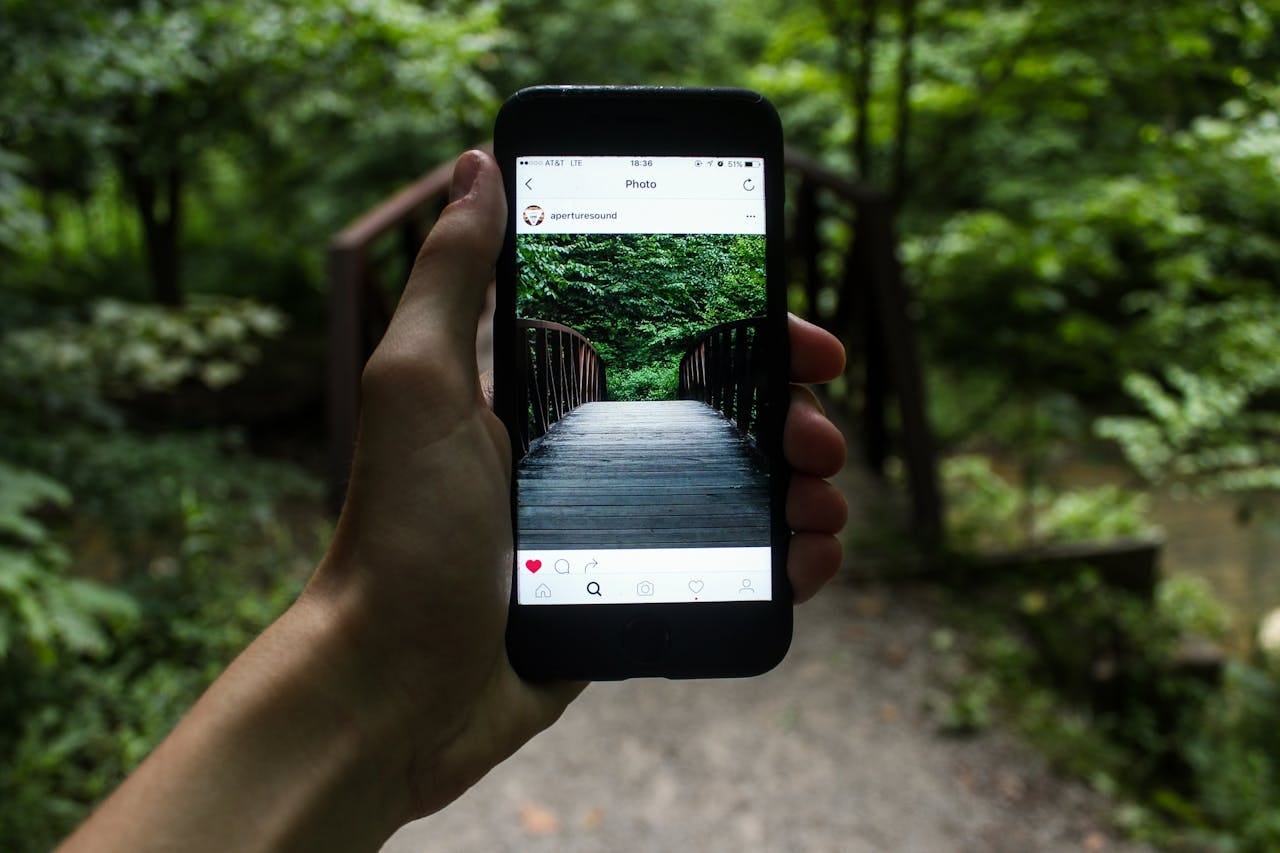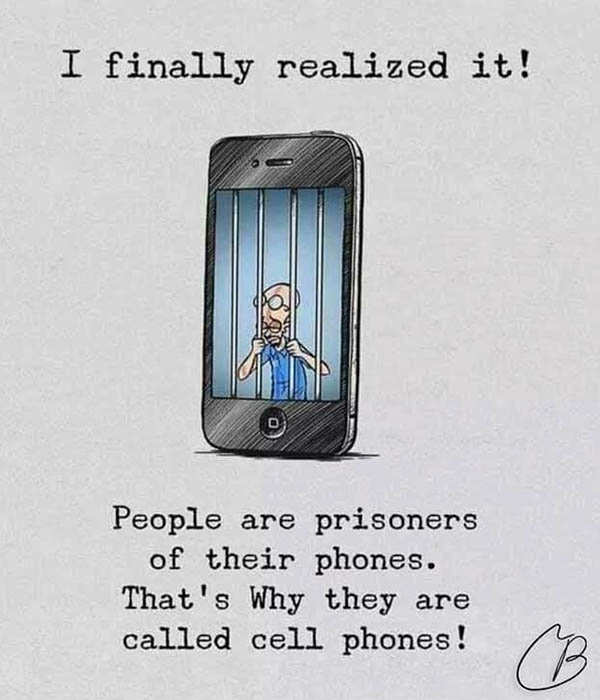I grew up in a time when the internet was little more than a curiosity in the background. My first taste of digital connection came through those old dial-up modems with their unforgettable screeching sounds that felt like your computer was having a conversation with aliens.
Back then, going online meant accessing text-only bulletin boards. No images, no videos, definitely no social media. Just green text on a black screen. Hardly the immersive experience we can't seem to tear ourselves away from today.
Then came browsers like Netscape, and suddenly the internet became visual. My first mobile phone followed, one of those indestructible Nokia bricks that couldn't do much beyond calls and the occasional game of Snake.
But before even that technology entered my life, my youth was spent outside. I was constantly testing my limits in the real world — surfing, windsurfing, playing team sports. The sting of scraped knees, sunburned skin, the sharp smack of a surfboard after wiping out, the scare of going too far out on a windsurfer, with the wind picking up and the sun setting, were all a part of developing a healthy appreciation and respect for nature.
These weren't virtual experiences; they were direct encounters with the physical world that kept me grounded in my body and in an engaged relationship to nature and the world at large.
The Slow Slide Into Digital
Life had other plans, though. My career gradually pulled me online. I found myself working for or sometimes co-creating digital media companies, SaaS startups, and eventually taking larger corporate roles focused on marketing and social media. Screens became my primary interface with the world, especially after COVID turned "remote" into everyone's new normal.
Meetings, consulting, coaching, teaching — it all happened on a screen. And that's where I noticed something strange happening: a digital dissociation.
The Digital Trance
Ever find yourself "watching" Netflix only to realize you've dozed off and missed two episodes? Or maybe you've fallen into a social media scroll hole, emerging later with no clear memory of what you just saw?
That's the dissociation I'm talking about. It feels like time distortion — minutes or hours evaporating without a trace. Sometimes it's emotional numbing, like being in a dreamlike state: technically awake but not fully present. It seems like you’re fully engaged with the screen at the time, but when you snap out of it, there’s a moment of readjustment to your environment.
How often do I reach the point where the screen’s grip tightens, and I’m more consumed than consuming?
The weird thing is, this trance-like state can feel eerily similar to being in flow — that productive, engaged state where you're fully focused. But there's a key difference: flow feels alive and electric. Dissociation feels numbing and hazy.
Screens Within Screens
My life has shifted from visceral engagement with nature in my youth to this more dissociative engagement through screens. I'm one step removed from reality, engaging with a screen within the screen.
Consuming content can be a way to escape immediate concerns or even repressed emotions. And while that escape can feel soothing in the moment, it also feeds into a cycle of passive consumption that keeps us glued to the screen. Moloch lives through the algorithm, feeding on our attention, using every click, like, and view as fuel to keep us scrolling.
But what about producing content? It can feel more active, more intentional — a way of asserting ourselves, expressing our voices, and showing up in the world. Yet even production can become a form of consumption. Each post we publish is another data point for the algorithm, another piece of content that draws in attention and, in turn, keeps the cycle going.
It's worth asking: Are we producing to connect meaningfully, or to keep ourselves feeling relevant and validated in a sea of other voices?

A Screen Is a Mirror
What if the screen is not just a distraction but also a mirror, reflecting back the void we fear to face?
What if it’s not the screen that dissociates us but our refusal to sit with the emptiness that surfaces when the screen is turned off?
Screens offer an escape, but they also reveal what we’re trying to escape from. The endless scroll can be a way to avoid the stillness, the silence, the discomfort of our own minds. And in that sense, the screen doesn’t just mediate reality, it amplifies our avoidance of it.
Maybe that’s why it’s so easy to get lost in the trance. Maybe the scrolling isn’t about the content at all but about what’s lurking just beneath it.
Finding Our Way Back
So how do we come back to ourselves when the digital fog sets in? Here's what works for me:
Set timers and take breaks: Every 30 minutes, close your eyes, breathe deeply, and notice your surroundings. Stand up, stretch, feel the floor beneath your feet.
Try the 5-4-3-2-1 grounding exercise: Name 5 things you can see, 4 things you can feel, 3 things you can hear, 2 things you can smell, and 1 thing you can taste. It pulls you right back into your body.
Reconnect with your senses: Hold something cold, splash water on your face, or touch something with an interesting texture. Remind your body that it exists in the physical world.
Move your body: Take a walk, do a few pushups, or just step outside for fresh air. Physical movement breaks the digital spell.
Create screen-free zones: Keep your phone out of the bedroom or away from the dinner table. Make intentional spaces where screens aren't welcome.
Practice digital fasting: Take intentional breaks from all screens. Start small — an hour, then a day, then a weekend. Be gentle with yourself; it can be surprisingly uncomfortable at first. That FOMO (fear of missing out) might kick in hard, or uncomfortable feelings might bubble up, feelings you’ve been scrolling to avoid. But stick with it. Eventually, you might discover JOMO — the joy of missing out. The quiet sense of being fully present in your own life instead of watching everyone else’s highlight reels.
An elder I know once said, “There’s no Wi-Fi in nature, but the connection is greater.”
Maybe that’s the call — to unplug not just from the screen, but from the habitual ways we escape into it. To reconnect with the world that’s always been right here, waiting.





Yes!! Haha. I loved this “old dial-up modems with their unforgettable screeching sounds that felt like your computer was having a conversation with aliens.” I would sing along to it. And snake was my favorite. But you bring up a great point overall, and for me personally, posting with intention has been at the forefront of my mind. I agree there’s a way to do it mindlessly and there’s a way to do it with purpose and have a goal. I love the idea of screen free zones. Since I started not bringing my phone into the bedroom at night, it’s forced me to come face-to-face with the fact that I can feel myself yearning for it, but also allow me to truly disconnect.